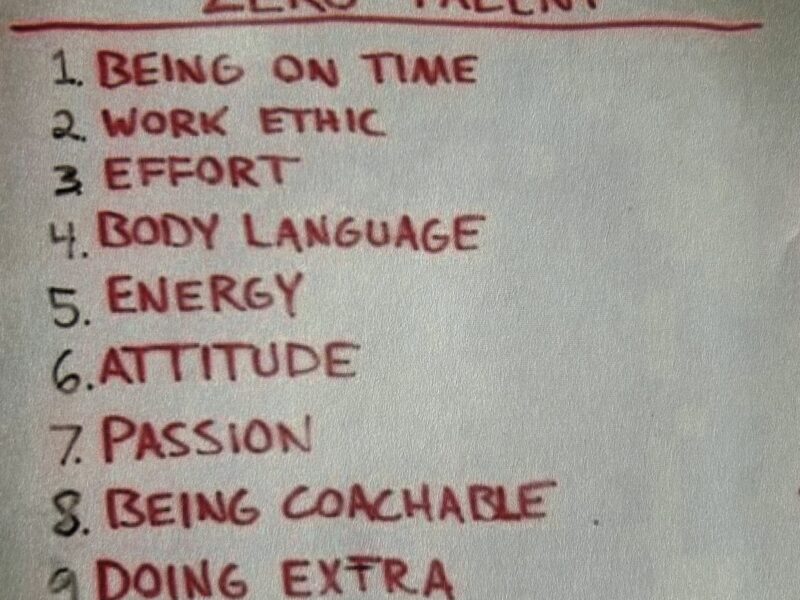Last Wednesday found me gulping my morning coffee on the DC Metro en route to Reagan National. Writing about the public’s reaction to aging athletes who choose to unretire and give it one more try (e.g., bicyclist Lance Armstrong, quarterback Brett Favre), Washington Post sports columnist Sally Jenkins hit it on the head for me:
“When an athlete renounces his retirement, most of us groan. We complain they don’t know when to get off the stage, and that they will tarnish our memories by gimping around as less than what they were. Somehow, we got the idea that their bodies and their legacies are our personal property. We want them to remain ideals, and don’t want the sadness of watching them grow old. But that’s our problem, not theirs.”
I agree. Jenkins sites several studies that show that retirement, especially sudden retirement, can be a bad thing for just about anyone in any profession. She goes on to write:
“The conventional wisdom is that athletes who go out on top are being true to their greatness. In fact, they are being untrue to themselves. Great champions are in the business of exhausting themselves. They aren’t content as long as they feel there is something left, and to waste any fraction of their capacities feels, to them, like a sin against nature. Their every instinct tells them to use themselves up. As spectators, we have no right to contradict them.”
I say, hey, if you still want to play and you believe you can earn a spot on the team, go for it!
Onward, Malcolm Gauld


